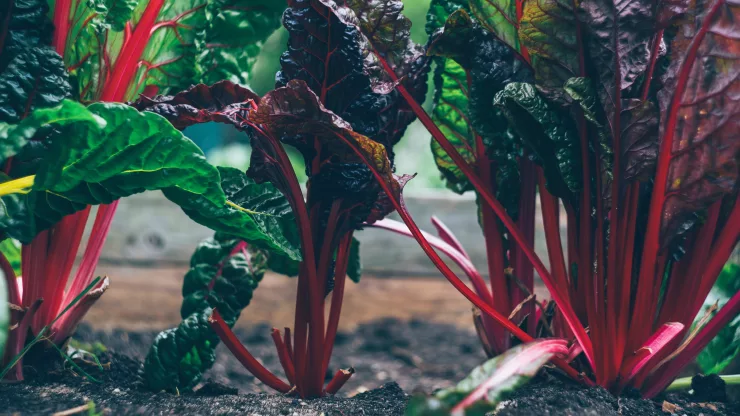The Power of Gratitude
Gratitude is a powerful emotion that can transform our lives. It is the act of recognizing and appreciating the good things in our lives, whether they are big or small.
When we focus on what we are grateful for, we shift our attention away from our problems and instead, focus on the positive aspects of our lives.
This shift in perspective can have a profound effect on our mental and physical well-being.
Jump to Section
Gratitude and its Impact on Mental Health
Gratitude has been shown to have a positive impact on mental health. Studies have found that people who practice gratitude regularly experience lower levels of stress, depression, and anxiety.
They also report higher levels of happiness, life satisfaction, and overall well-being.
Gratitude can help us develop a more positive outlook on life, which can lead to improved mental health and resilience.
The Science of Gratitude: How it Affects Brain Chemistry
Gratitude has been shown to affect brain chemistry in a positive way. When we experience gratitude, our brains release dopamine and serotonin, which are neurotransmitters that are associated with pleasure and well-being.
These chemicals can help us feel happier and more content. Gratitude also activates the prefrontal cortex, which is the part of the brain that is responsible for decision-making, emotional regulation, and empathy.
Cultivating Gratitude: Tips and Techniques
Cultivating gratitude can be a simple and effective way to improve our well-being. Here are some tips and techniques to help you develop a gratitude practice:
- Keep a gratitude journal: Write down three things you are grateful for each day.
- Practice mindfulness: Focus on the present moment and appreciate what you have.
- Express gratitude to others: Tell someone you appreciate them or send a thank you note.
- Use visual cues: Place reminders of things you are grateful for in your environment.
- Practice gratitude meditation: Spend a few minutes each day focusing on what you are grateful for.
Gratitude in Daily Life: Transforming Challenges into Opportunities
Gratitude can help us transform challenges into opportunities. When we face difficult situations, it can be easy to focus on the negative aspects.
However, by practicing gratitude, we can shift our focus to the positive aspects of the situation.
For example, if we lose our job, we can be grateful for the skills we have developed and the experiences we have had.
This shift in perspective can help us find new opportunities and move forward.
The Ripple Effect of Gratitude: Spreading Joy and Kindness
Gratitude can have a ripple effect, spreading joy and kindness to others. When we express gratitude to others, it can help them feel appreciated and valued.
This can lead to a positive cycle of kindness and compassion. By spreading gratitude, we can create a more positive and supportive environment for ourselves and those around us.
FAQ
How can gratitude help with anxiety and depression?
Gratitude can help reduce anxiety and depression by shifting our focus away from negative thoughts and emotions. When we focus on what we are grateful for, we can develop a more positive outlook on life, which can lead to improved mental health.
How often should I practice gratitude?
You can practice gratitude as often as you like. Some people find it helpful to practice gratitude daily, while others may prefer to do it weekly or monthly.
The key is to find a frequency that works for you and to make it a regular habit.
Can gratitude improve physical health?
Gratitude has been linked to improved physical health, including better sleep, lower blood pressure, and reduced inflammation. However, more research is needed to fully understand the relationship between gratitude and physical health.

With a deep passion for personal development, Ben has dedicated his career to inspiring and guiding others on their journey towards self-improvement.
His love for learning and sharing knowledge about personal growth strategies, mindfulness, and goal-setting principles has led him to create My Virtual Life Coach.
Contact Ben at [email protected] for assistance.




